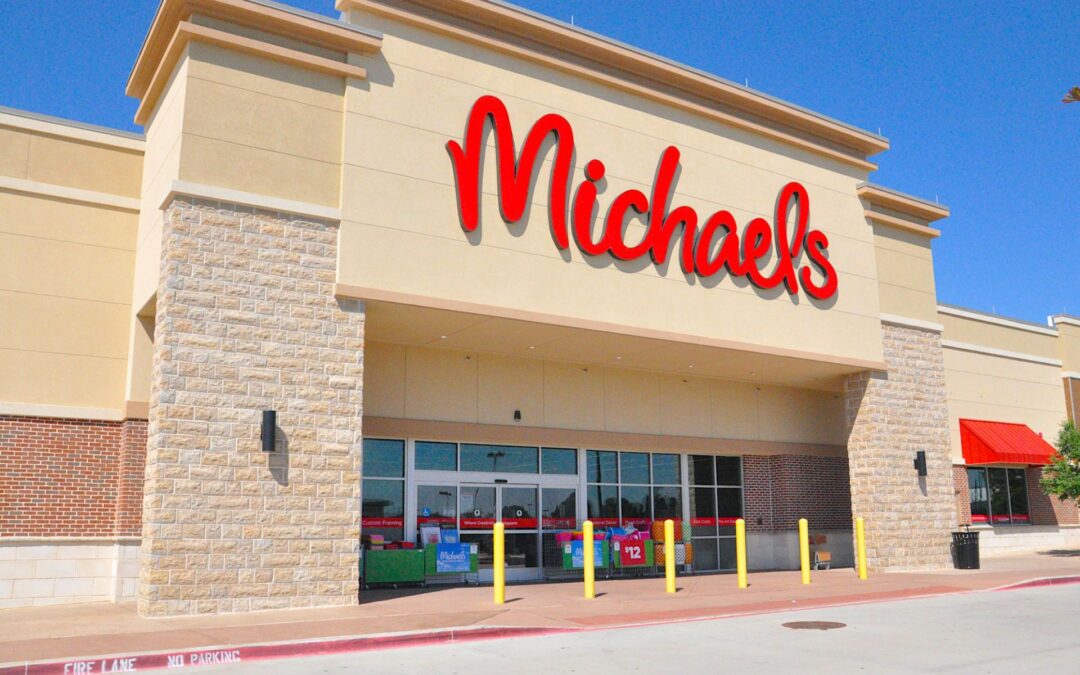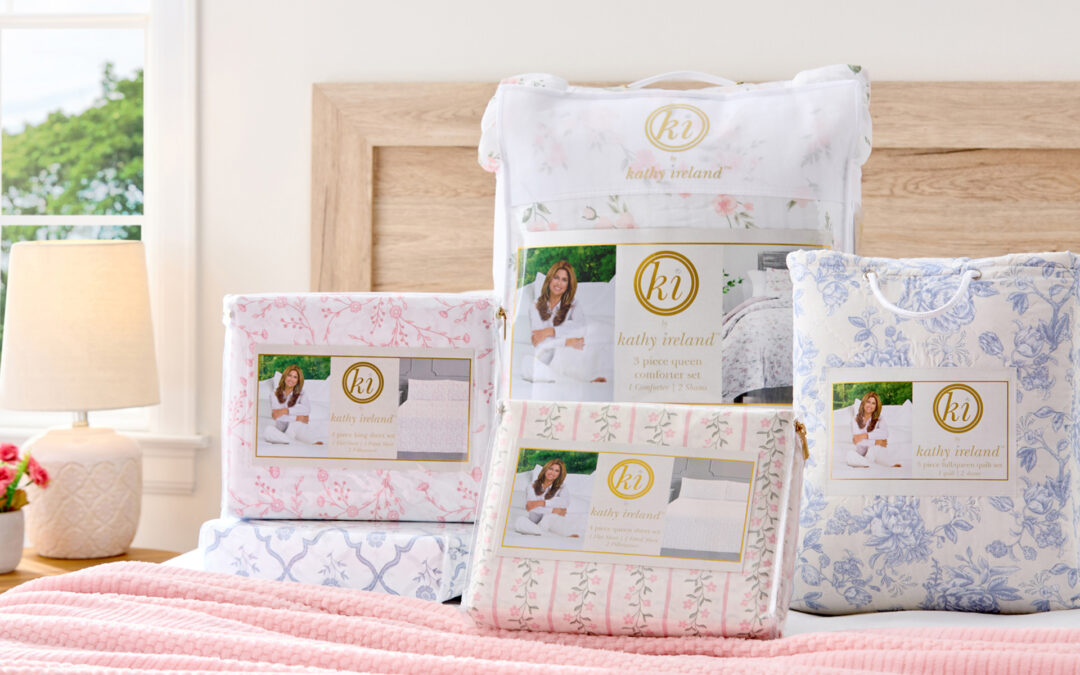A pair of market research studies confirms that consumers and retail executives expect tariffs to have a significant effect on spending as 2025 progresses.
However, in polling that formed the basis for the study, 83% of executives said they plan to raise prices anyway.
As consumers contemplate the year ahead, they said they would respond to retailers’ decisions with either increased loyalty or decreased trust. Almost 80% of consumers said they would feel more loyal to brands that absorb tariff-related increases, while three in four would abandon their favorite brand for a cheaper generic if retail prices rose.
To maintain customer loyalty while navigating circumstances that pressure margins, 77% of surveyed executives have preemptively communicated price increases to customers.
For many consumers, already hit by inflation, the slightest price rise is too much, as 30% said that any increase would cause them to shift their spending habits. Consumers expressed a concern that some retailers and brands are using tariffs as an excuse to increase prices, but they do recognize that businesses are subject to forces that influence what they charge for goods. Only 24% of shoppers said they believe that tariffs alone are the reason for rising prices, but 54% acknowledged that government policy is driving up costs.
Consumers are more likely to remain loyal to brands that mitigate price hikes, First Insight noted, with 79% saying that they would be most loyal to brands that fully absorb costs. On the other hand, 73% of retail executives said that they believe price hikes would be in effect by summer’s end. Six in 10 retail executives said they believe that, if they raise prices, they will lose market share to competitors that don’t.
First Insight pointed out that, given current market conditions, holiday shopping will be different this year, with 92% of executives anticipating changing behavior. As they consider the year-end shopping season, the top three executive concerns are reduced consumer spending, for 56%, shipping/logistics issues, for 53%, and product shortages, for 40%.
Consumers surveyed expect that tariffs will influence how they shop this holiday season in three primary ways: They’ll use more coupons and promotions, for 50%, spend less overall, for 49%, and buy items based on price versus brand, for 44%. In terms of where they’ll cut back, 50% expect to spend less on electronics/tech, 53% on apparel/fashion and 54% on home goods/furniture.
E-commerce business services provider ESW stated that, in a survey it conducted, 60% of U.S. consumers would not absorb more than a 10% increase in pricing due to tariffs.
A report, Impact of Tariffs on Purchasing Decisions, detailed the survey results, including that 70% of consumers would reduce overall spending once tariffs go into effect and they see pricing changes. Millennials top the list of those planning spending cutbacks, with 78% saying they’ll spend less. At 54%, Boomers are the generation most likely to stop buying certain imported merchandise. Regarding other tariff mitigation strategies, 58% of Gen Z shoppers said they have pulled forward their purchases of high-priced items such as iPhones, computers, and champagne. Overall, 45% of consumers have pulled forward spending on electronics and 37% have been stocking up on groceries.
The product categories that are most likely to see tariff-related spending declines are those that are discretionary: 68% of survey respondents said they would cut back on electronics purchasing because of tariff increases, 61% would reduce purchases of apparel and accessories, and 51% would spend less on home goods.





